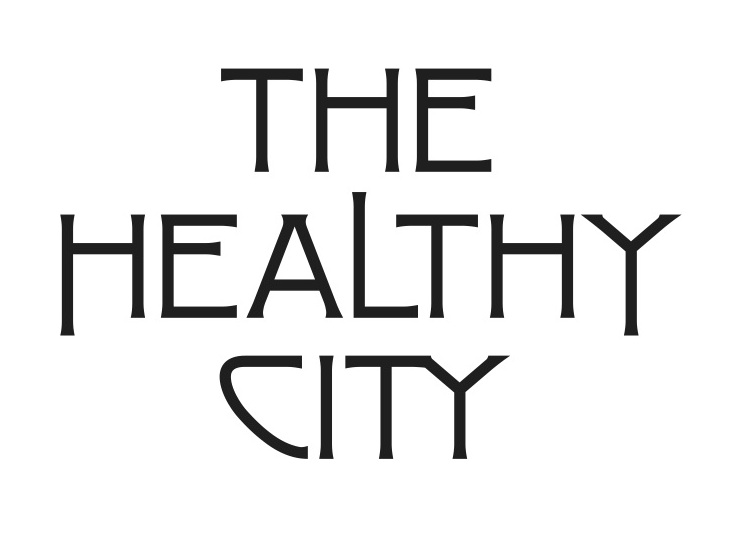In 2010, Americans spent $28 billion on vitamins. Yet, new research shows it is largely a waste of money.

Photo credit: BU.edu
Three new studies prove multivitamins do not help prevent chronic disease. A study conducted by Fortmann and coworkers carefully reviewed all of the major clinical trials on multivitamins to date, and found no definitive evidence that multivitamins help to prevent cancer, cardiovascular disease, or overall mortality. In another study, Grodstein and associates analyzed the role of daily multivitamin supplementation in preventing cognitive decline in elderly men, and found no differences between treatment and control groups over a period of 12 years. A third recent study conducted by Lamas and colleagues evaluated the effectiveness of high-dose multivitamin supplementation in preventing cardiovascular events in subjects who had already experienced myocardial infarction. This study also showed no benefit.
Previous studies likewise found no benefits from multivitamin supplementation. The one possible exception is vitamin D supplementation, which might be beneficial in certain populations, but further research is needed.
In addition, vitamin supplements have been linked to certain health risks. Research by Bjelakobic et al. and Miller et al. has shown that taking β-carotene, vitamin E, and potentially high-dose vitamin A supplements is associated with higher death rates. Consumers should also be wary that supplement labels often list inaccurate ingredient levels and some vitamins contain unsafe levels of contaminants, such as heavy metals. For instance, 90% of commonly used calcium supplements tested in a 2011 study contained unsafe levels of lead.
Although β-carotene and vitamin E supplement usage has decreased since proven harmful, multivitamin sales continue to rise both in the U.S. and in Europe despite their apparent lack of benefit. On the other hand, regular consumption of fruits and vegetables has repeatedly been shown to reduce risk of cardiovascular disease, obesity, diabetes, and possibly cancer.
The bottom line: unless you have a specific vitamin or mineral deficiency, ditch the supplements and focus on eating a healthful diet. If you do need to take a supplement, choose a product tested by a reputable independent verification program, such as USP, a non-profit organization which evaluates supplement identity, strength, quality, and purity.
cb



